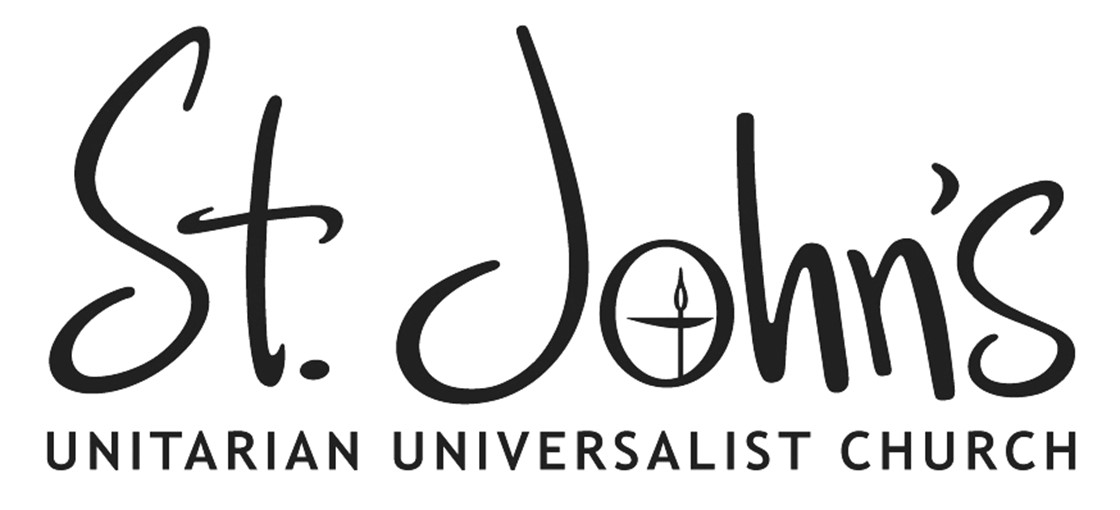Hello, fellow St. Johners. My name is Chris Wagner and I’d like to re-introduce myself. I’ve been a friend and/or member of the church for 33 years. I’ve sung in the choir and served on the fund trustees team and now, as of July 1st I am serving on the board as its finance director. I have much to learn in this new role so I ask for a bit of patience as I find my stride. I thank you in advance.
There’s a lot to be excited about as we look to leave the pandemic behind us, reconvene in person, and get back to fully enjoying the activities that bring us together and promote the good work of the church.
From time to time, I’ll report on the church’s financial status that so that we all have a clearer picture how our fiscal efforts relate to our mission and our monetary stewardship.
One such recent effort was to engage the services of a CPA to review and report on St. John’s financial policies to see if they are adequate and meet the standards of good fiscal management. The Board contracted with Mr. Michael Veneman, CPA, who has completed his report. The following summarizes his findings.
Mr. Veneman used the American Institute of Certified Public Accountants (AICPA), the Church Networks Essentials of Cash Reserves, and other resources to complete his assessment. In addition to examining our policies Mr. Veneman looked at our internal controls. Internal controls typically comprise activities such as authorization, documentation, reconciliation, security, and separation of duties. This last control item, separation of duties, is important in detecting errors and preventing fraud. It consists of the practice in which no single individual is in a position to authorize, record, and be in custody of a financial transaction and the resulting asset. This practice provides checks and balances resulting in greater reporting accuracy and diminishing the opportunity for fraud.
I am happy to convey that the CPA reported that, for the vast majority of our activities concerning bank accounts, donated assets, gifts, pledges, fundraising, other revenue, and special plate collections, the internal control policies have been deemed adequate for a church our size. From my own experience as a CPA and a company controller who managed audits from the auditee perspective, it is not an easy task for a small organization to practice all the prescribed control activities all of the time. The church is small by business organization standards with a significant amount of work being done by volunteers. This creates an inherent risk that requires consistent adherence to policy. And the CPA stressed that in our post assessment interview with him.
Practices we’re performing well:
- Internal control activities (as mentioned above) are adequate for a church our size. The CPA recommended against going fully electronic with our Request for Funds procedures. He felt this may compromise some of the checks and balances associated with this process. Also, it may not be cost effective.
- Policies on budgeting, reporting, and reconciliations are adequate for a church our size. He did make one observation with regard to the Minister’s Discretionary Fund. Although this fund is closely monitored by the Treasurer, the CPA recommended that it be formally reconciled by the Treasurer at least once per year.
- The Settled Search Committee policy is appropriate for the size and nature of the church.
Activities to improve upon:
- Physical reports, statements, and important papers are kept securely locked. Although this is being practiced, the CPA suggested upgrading with a more secure file cabinet. We do have a small safe which he suggested we use more fully.
- Cash Reserves. Our cash reserves policy states that we keep a balance in our operations account sufficient to support two and one half months of expenses. Mr. Veneman recommended that that threshold be increased to three months. He also recommended that considering the rising costs for repairs, improvements, and fixed asset purchases that we revisit this “cash cushion” policy. This will be a topic of discussion as we entertain the implementation of the Master Plan.
- Practice the policies. Adherence to the policies is necessary to fully effect the detective and preventative controls.
Other topics of discussion
Audit or Review. It has been discussed among various committees if St. John’s should have regular audits. Or does it suffice to have a review. An audit is a more thorough attestation process that can cost $10,000 or more. It is usually performed when required by a state or federal agency or pursuant to the provisions of an endowment fund. We have no such requirements at St. John’s. It was the CPA’s conclusion that a review should suffice. A review is less detailed than an audit. Our current policy is to have a review performed by a CPA once every two years. Mr. Veneman said that this was well within suggested guidelines.
Review of Financial Transactions. The CPA recommended having people who are unrelated to the recording and reconciling of transactions perform a review of those transactions. This would enhance checks and balances. He recommended doing this twice per year. The Board is discussing how best to pursue this recommendation.
Should you have any questions or would like to discuss an item further, please feel free to contact me and I’d be happy to oblige.
